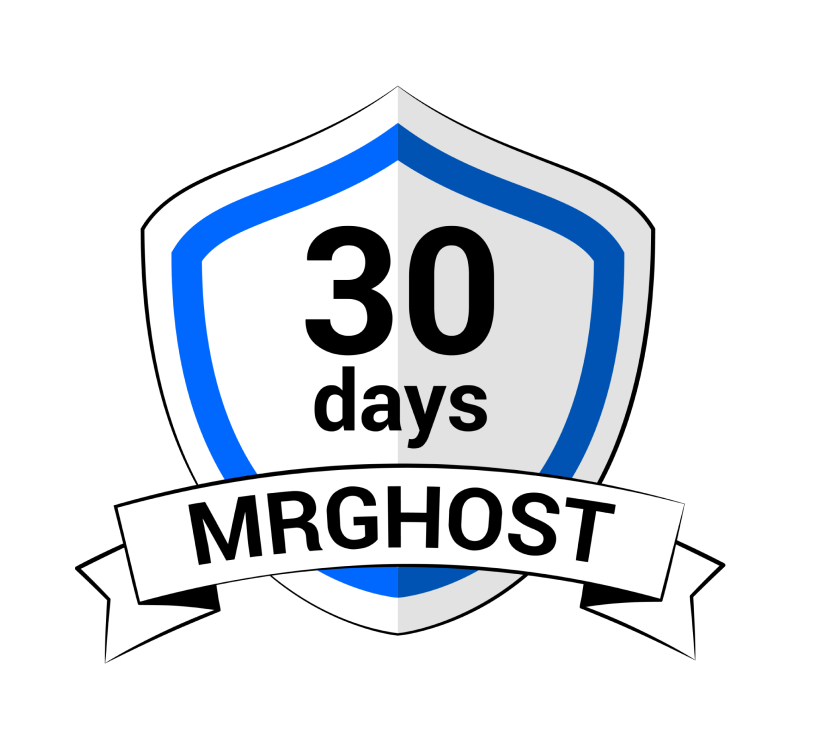Your Location: -
Your ISP: -
Your IP: -
Your Status: Unprotected!
Log In
Get MrGhost VPN

30-Day money-back guarantee
Experience MrGhost VPN with a 7-day free trial. Not satisfied? Get a full refund if you're not satisfied with our premium features within 30 days!
Get MrGhost VPN Now
Partner








